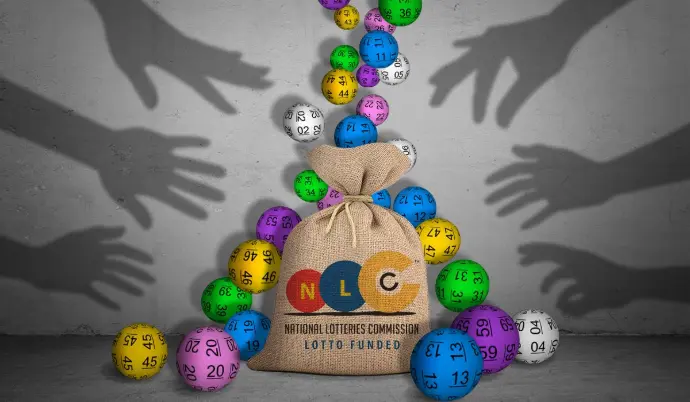National Lotteries Commission

OUTA INVESTIGATES THE NATIONAL LOTTERIES COMMISSION'S USE OF FUNDS
Overview
OUTA has since 2018 investigated irregularities in the National Lotteries Commission (NLC) use of funding, particularly its proactive funding.
Pro-active funding is founded on the Lotteries Amendment Act which allows the NLC to identify worthy causes that may be funded without a formal grant application. Pro-active funding is at face value a noble cause, aimed to uplift and empower vulnerable members of society by providing much-needed funding to non-profit organisations to assist communities and related projects. Unfortunately, these funds do not all reach the vulnerable but are diverted once the funds reach the charities (which are either hijacked or disguise the beneficial ownership).
The NLC not only enjoys unfettered discretion when deciding to fund a specific charity, but the absence of strict procurement principles and procedures diminishes transparency, which opens it up to abuse.
When charities apply for grant funding in terms of the pro-active funding model, certain criteria need to be met. These include that the charity applying should have the capacity to use the funding for the purpose it applied for and should have been in existence for at least two years. OUTA has found that some charities either did not exist prior to applying for funding, had no track record of doing any charitable work, or in many cases simply shared business addresses with other established entities. This type of practice is often described as fronting.
Vulnerable members of society who should receive help are losing out. The only “winners” are the real beneficial owners of the charities – in most cases, the directors of these charities.